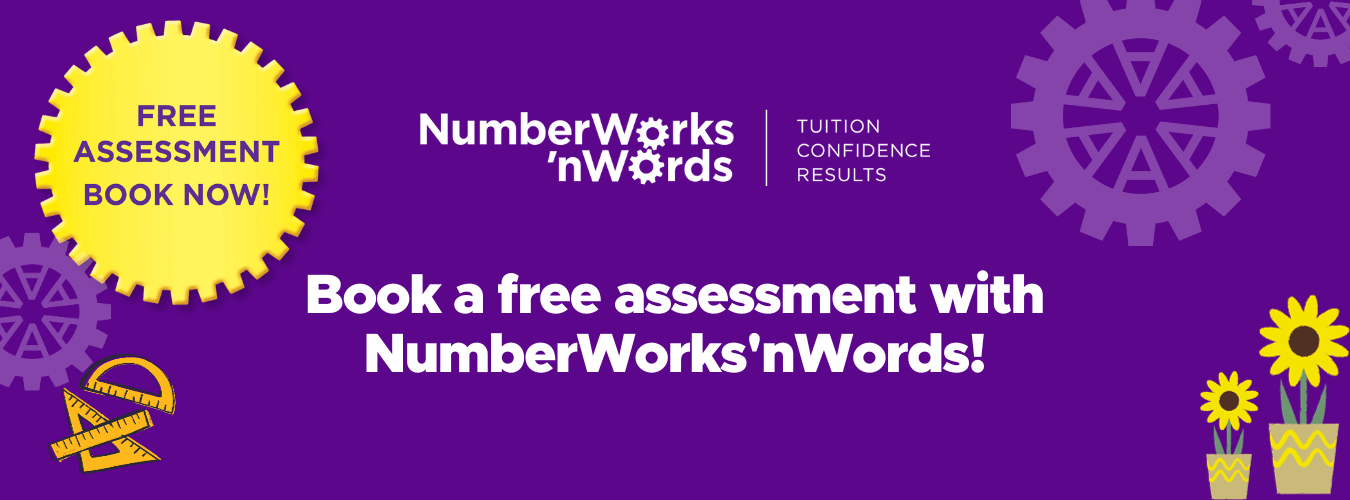The Importance of Maths for Young Learners

Maths, often recognised as the universal language, stands at the core of education, guiding young learners to develop critical thinking, logical reasoning, and proficient problem-solving abilities.
For young learners, mastering maths goes beyond mere academic requirements; it forms a fundamental life skill. In our technology-driven age, where innovation is paramount, the importance of maths education for children cannot be overstated.
This article explores the intricate significance of maths and its education, covering areas such as cognitive development, enhancing mental maths skills, applying maths concepts to real-world challenges, collaborative problem-solving and academic achievements.
Is your child struggling to keep up with schoolwork? Are they falling behind? Are they bored in class? Or are you looking for extension work for your child? Check out our eBook to learn more about how we help your child improve academically and build confidence through our in-centre after-school tuition.
Building Cognitive Skills
At its essence, maths education serves as the crucible where essential cognitive abilities are refined. Through the process of learning maths, young learners develop the proficiency to analyse problems, recognise patterns within word problems, and devise systematic solutions.
This cultivation of logical reasoning and problem-solving skills in maths holds immense value, extending beyond the classroom. Maths education improves memory retention and concentration, honing skills essential for both academic excellence and personal growth.
By engaging deeply with maths and various school subjects early on, children not only grasp fundamental arithmetic and numerical concepts but also acquire vital maths and life skills. These serve as the foundation for their future endeavours and diverse career paths.
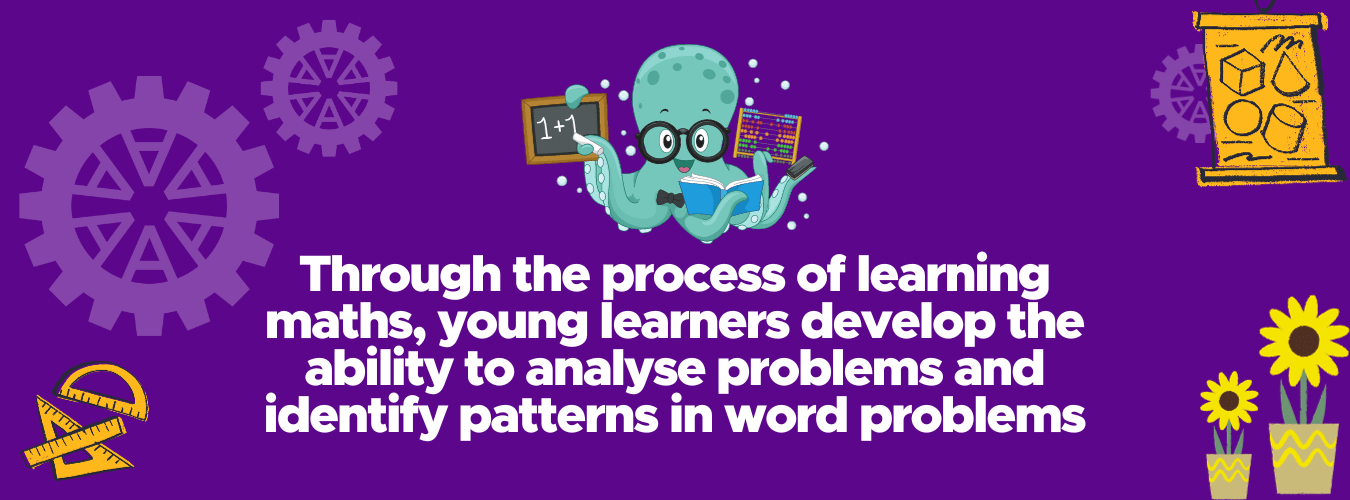
Real-World Applications
Understanding the practical importance of maths in everyday life significantly alters the perspective of young learners. It goes beyond mere budgeting and measuring ingredients, evolving into an essential life skill. Maths intertwines with art, music, and science. In the professional sphere, maths stands as the foundation for fields such as engineering, computer science, finance, and architecture.
A strong grasp of maths not only deepens our comprehension of the world but also equips individuals with a range of maths skills essential for addressing real-world challenges. This proficiency is vital for managing daily tasks, promoting financial literacy, and preparing for diverse career opportunities.
Boosting Academic Performance
Proficiency in maths acts as a catalyst for academic success. Extensive research consistently demonstrates the direct correlation between children's maths skills and their overall academic performance.
A strong foundation in maths not only enhances understanding in other subjects, particularly in science and technology, where maths principles often form the basis of comprehension, but also leads to better scores on standardised tests. This expertise opens doors to higher education and specialised fields of study.
Conquering maths anxiety is crucial; overcoming this fear not only boosts academic confidence but also nurtures a love for learning and school. It establishes the groundwork for a lifelong pursuit of knowledge, fostering critical thinking skills and a curious mindset.
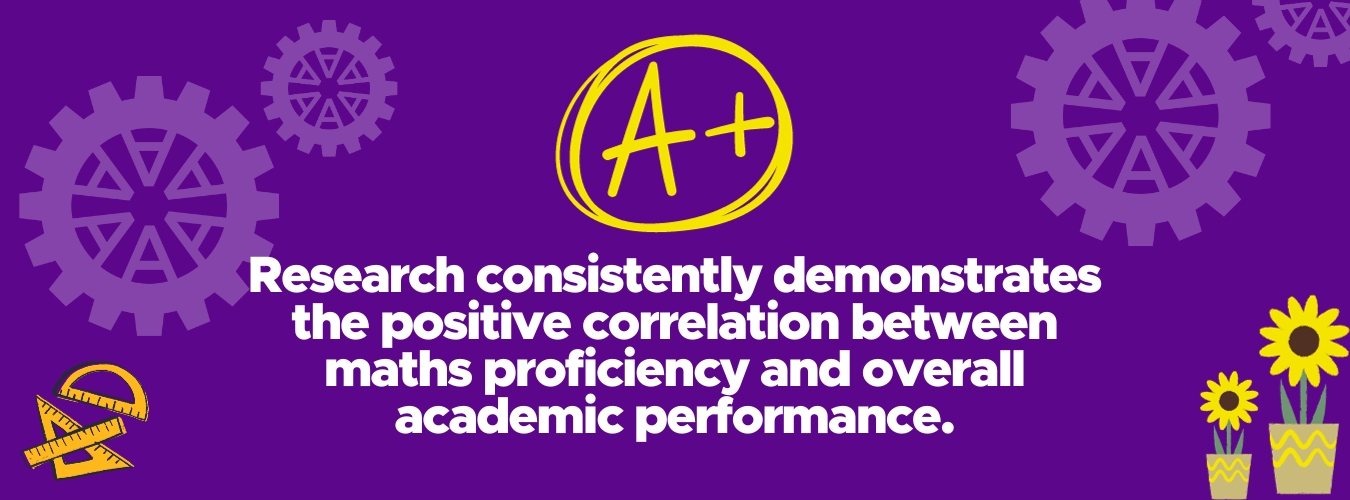
Fostering a Growth Mindset
Maths education goes beyond mere numbers and equations; it acts as a conduit for cultivating a growth mindset. Encouraging a positive attitude towards maths and emphasising the value of persistence and dedication are foundational principles.
Acknowledging and celebrating small accomplishments, regardless of the outcomes, nurtures self-esteem and confidence. This mindset, instilled through early maths education, becomes an integral part of shaping their future. It promotes resilience in the face of challenges, be it in everyday life or academics, and fosters an enduring passion for learning.
Nurturing Creativity and Innovation
Contrary to popular belief, maths and creativity are not mutually exclusive domains. Maths inherently fosters creative problem-solving. When young learners engage with maths, they are not simply manipulating numbers; they are exploring abstract concepts, envisioning solutions, and innovating their thought processes.
Many renowned inventors, artists, and scientists attribute their accomplishments to their maths expertise, which enhances their ability to recognise patterns and think both easily and creatively.
By utilising maths as a powerful tool, we not only gain deeper insights into the world but also nurture creativity and critical thinking. In doing so, we are not only shaping the next generation of mathematicians but also empowering future innovators, artists, and analytical thinkers.
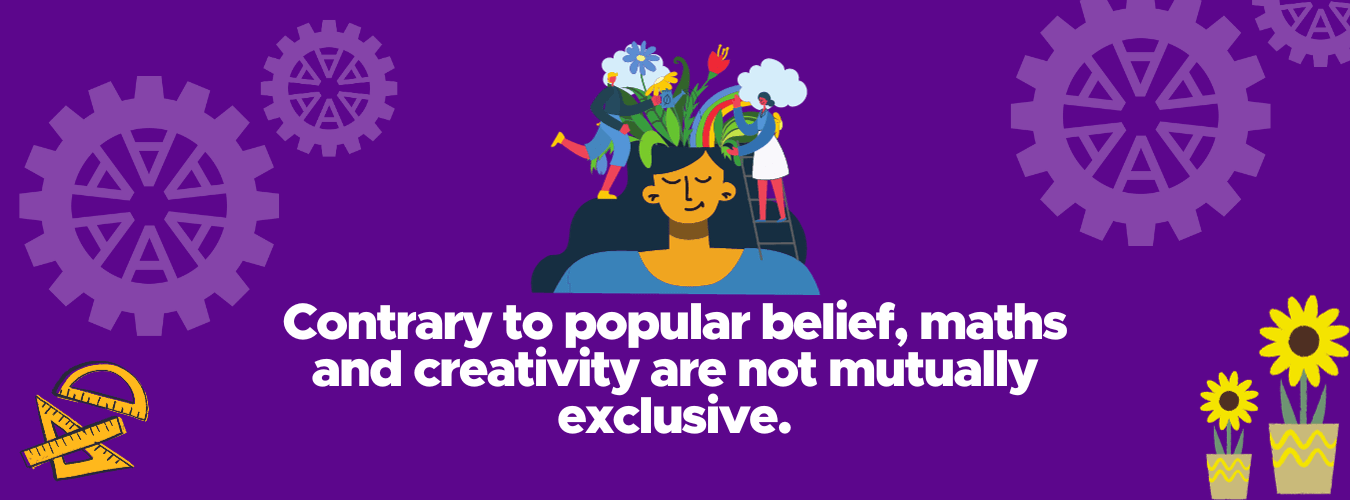
Technological Advancements in Maths Education
In the age of digital technology, how we approach maths education has changed. Educational apps, online platforms, virtual reality, and gamification revolutionise maths learning, making it interactive and engaging. These tools cater to various learning styles, making maths accessible and enjoyable for all.
Embracing technological advancements not only enhances the learning experience but also prepares young learners for a future where technology and maths seamlessly blend into everyday life. This fusion influences diverse industries, driving innovation and equipping the next generation for a world where technology and maths are inseparable partners.
Collaboration Between Educators and Parents
Collaboration between educators and parents is essential in nurturing a child's maths abilities. Parents play a vital role in their child's learning journey, reinforcing classroom lessons through daily activities and conversations.
Schools can support this too, by organising maths workshops, family maths nights, and interactive sessions that encourage joint learning. When parents and educators solve maths problems together, they create a supportive environment where young learners thrive. This collaboration builds confidence in their maths abilities and fosters a lifelong passion for learning.
Maths education for young learners is more than just a subject in the curriculum; it acts as a catalyst for individual and societal progress. By providing comprehensive maths education, we are shaping a generation of critical thinkers, problem solvers, and innovators.
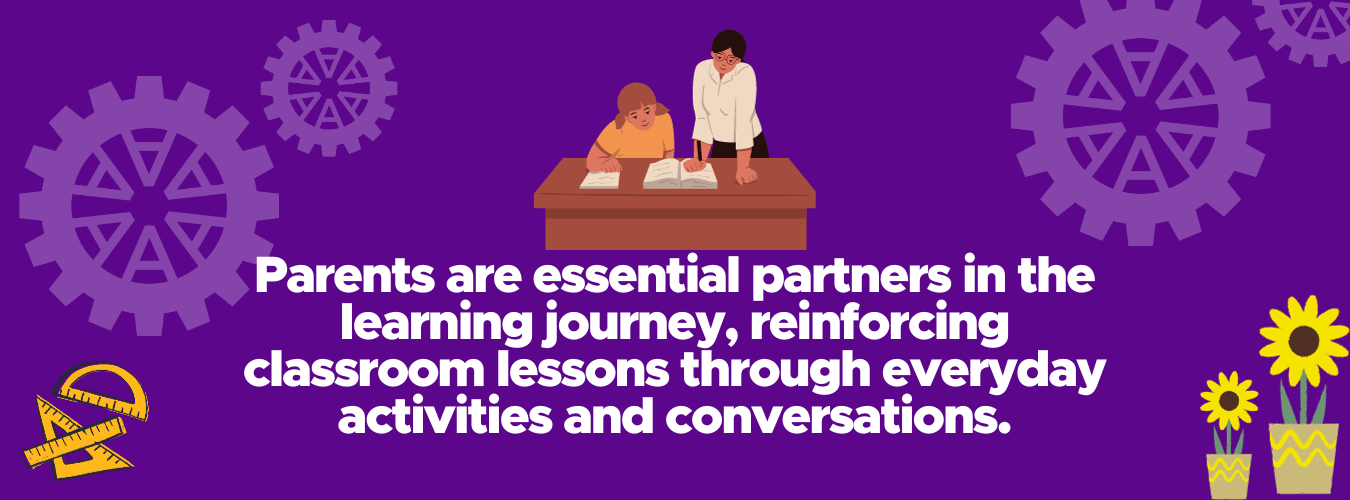
The skills developed through maths education go beyond numerical proficiency; they include analytical thinking, logical reasoning, creative problem-solving, improved problem-solving skills, and a growth mindset.
Investing in maths education means investing in the future, empowering young learners to navigate a world increasingly dependent on maths and technological literacy.
Our proven approach to maths and English tutoring helps children to develop foundational skills and close learning gaps while building confidence in their learning.
If you would like to learn more about our tutoring programmes, get in touch with your local centre and book a free assessment today!
